
By Kizito CUDJOE
The recent Petroleum Revenue Management Act (PRMA) amendment has sparked concerns among civil society organisations that transparency in the use of oil revenues may be undermined, as clear budget allocations are replaced with project lists lacking cost details.
The Civil Society Organisations (CSOs) Budget Forum raised the concern, lamenting that unlike previous budgets which detailed the share of Annual Budget Funding Amount (ABFA) utilised, the 2025 budget statement and mid-year review listed projects without indicating specific allocations.
This, Policy Lead for Petroleum and Conventional Energy at the Africa Centre for Energy Policy (ACEP) Kodzo Yoatse said, “makes accounting for how much was spent later a difficult thing”.
In light of this, he urged government to ensure expenditures continue complying with the PRMA “allowing us to follow the money and track it”, especially after the ABFA was restricted to funding government’s flagship ‘Big Push’ programme.
Mr. Yoatse was speaking on the 2026 pre-budget forum’s sidelines in Accra and also warned that dedicating all ABFA revenues to road infrastructure over the next two years will crowd out funding for critical equity programmes.
“For years, petroleum revenues supported education, health and agriculture. With this change, those interventions may no longer materialise,” he said. “Government has to disclose how it intends to fill the gap and complement those expenditures.”
CSOs fear that the shift could mean schools, health facilities and farmers who once benefitted from oil-backed support will be left waiting unless alternative sources are secured.
Furthermore, Mr. Yoatse pointed to talks about potential interest from international oil companies (IOCs) in existing fields, as indicated by President John Dramani Mahama during a courtesy visit by members of the Public Interest and Accountability Committee (PIAC).
He therefore called for transparent disclosures to show how government is working to stem declining output. “Production has been falling for five years,” he said. “If we don’t put in measures quickly, our future as an oil-producing country will be endangered.”
Following introduction of the new Energy Sector Levy – which imposes an additional GH¢1 charge on each litre of petrol and diesel purchased at the pumps to address the energy sector debt – the CSOs Budget Forum also called for a sunset clause.
“If the levy ‘s objective is to pay for energy sector shortfalls while government works to improve revenue efficiency through new measures, then the expectation is that, at some point, we should no longer see debt accumulating in the power sector,” Mr. Yoatse noted.
“That means utility of the levy on petroleum products becomes moot. The expectation should be clear: tell us the timeframe within which the levy will apply. If after that period debts remain, then government can extend it; if the obligations are fully met, then the levy should be cancelled. That should be the framework we work with.”
The pre-budget engagement by CSOs is said to be in line with the Finance Ministry’s ‘2026–2029 Budget Input’ request. The ministry has begun the process of developing its budget statement and economic policy fot presentation to parliament by November 15, 2025 and requested inputs from the public for consideration in the 2026–2029 National Budget.
The CSOs Budget Forum therefore took stock of budget performance so far – from January to date – and made recommendations for the years ahead. The focus was on macrofiscal issues, energy and extractives, social spending, governance and anti-corruption and agriculture and food security.
The Coordinator-Economic Governance Platform and CSOs Budget Forum, Mr. Abdul Karim Mohammed, also raised concerns about budgetary procedures.
He said that while it is useful to plan with a medium-term perspective from which annual budgets are drawn, the current process faces challenges.
“Our major concern is that the sectoral medium-term frameworks which are supposed to inform the broader medium-term budget are not ready. For instance, the education framework has not yet been completed. So, you ask yourself: on what basis are these medium-term projections being made? It feels like we are putting the cart before the horse,” he said.
Mr. Mohammed urged government to initiate sectoral frameworks much earlier to strengthen the credibility of projections. “If this had been done earlier in the year and completed, then we would know what each sector is projecting over the medium-term. That would allow us to make recommendations properly grounded in sectoral priorities,” he added.
The post CSOs warn PRMA amendment could obscure oil revenue spending appeared first on The Business & Financial Times.
Read Full Story





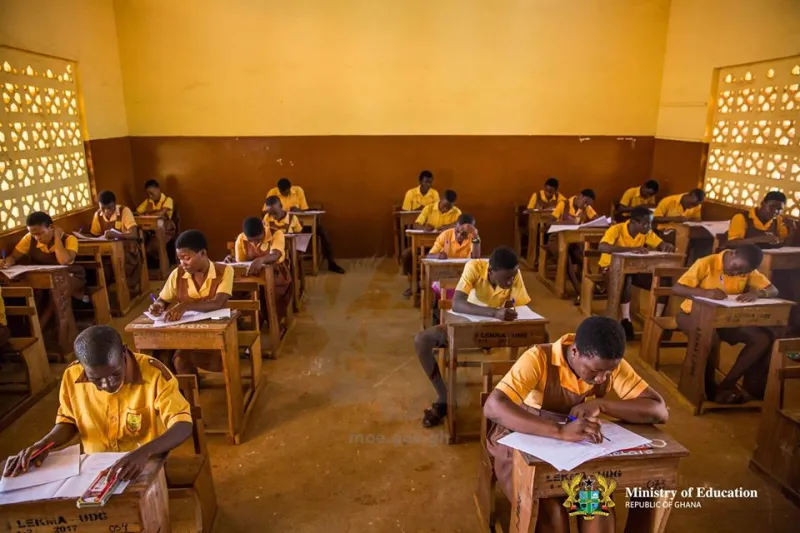

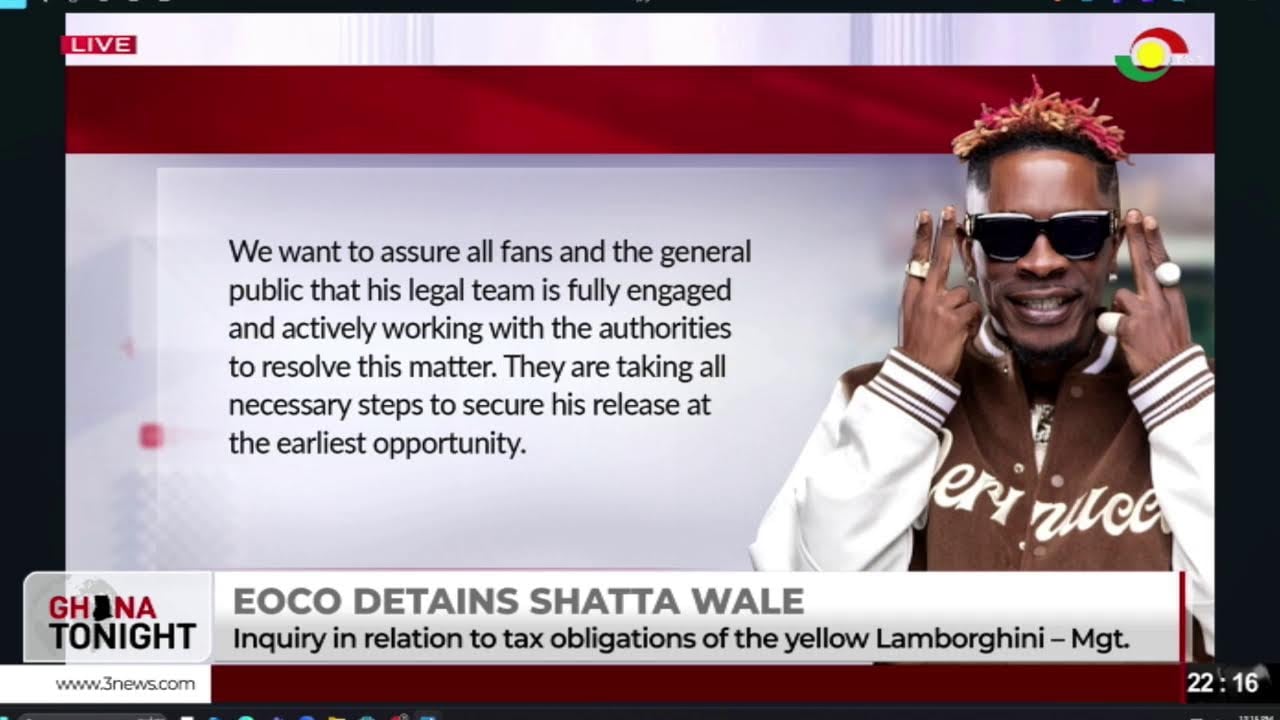




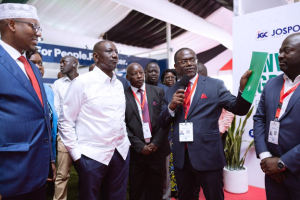

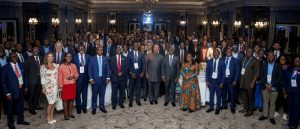

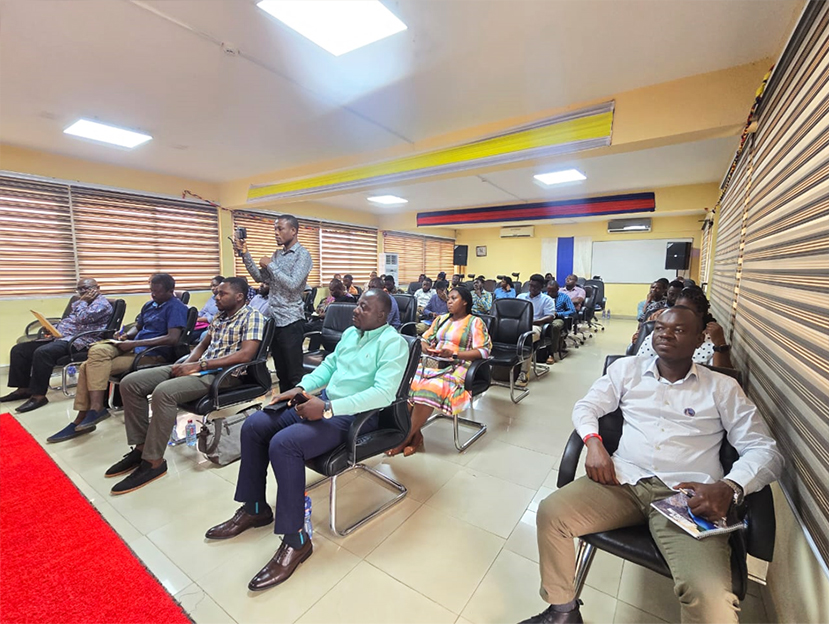
Facebook
Twitter
Pinterest
Instagram
Google+
YouTube
LinkedIn
RSS